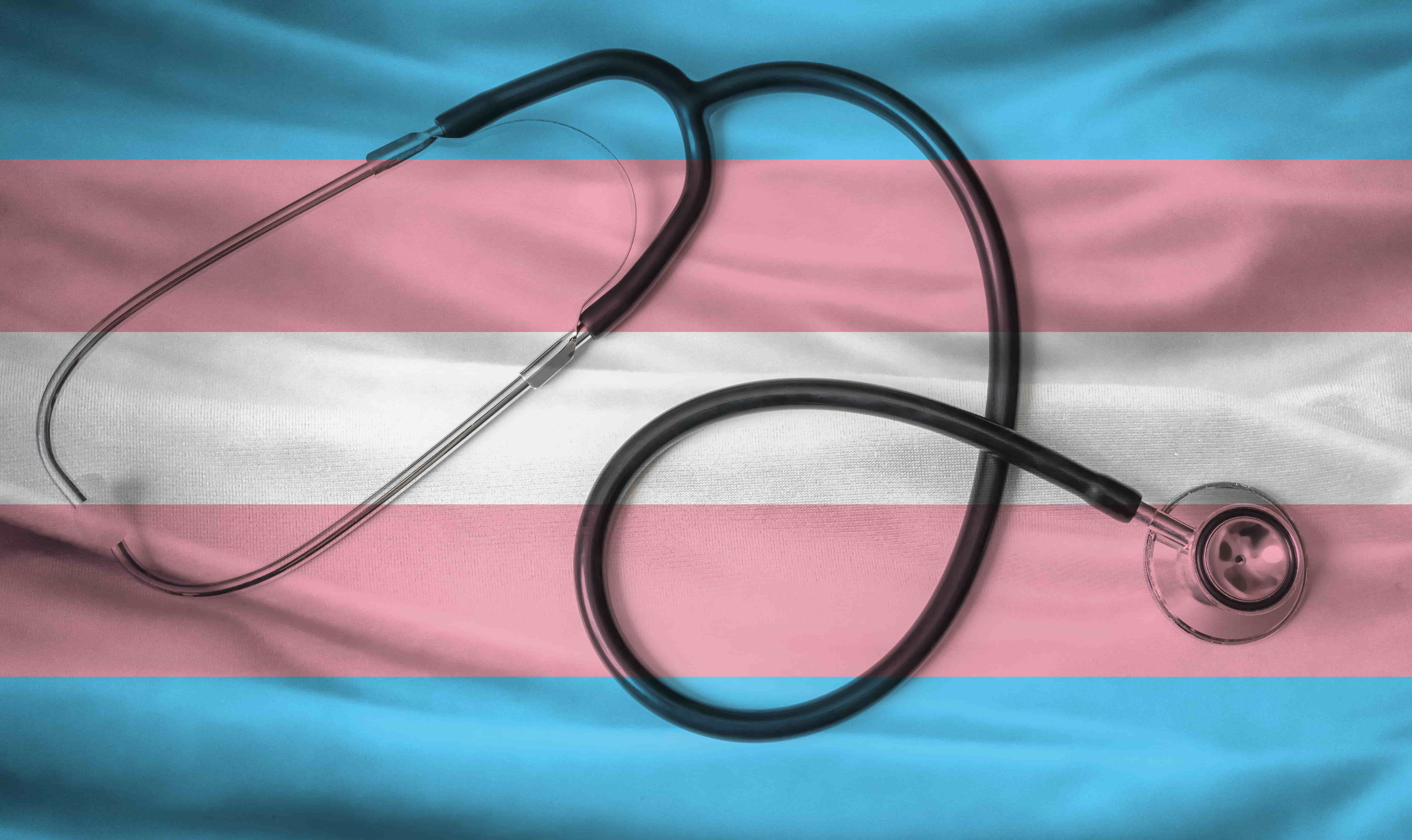Transgender Tennessee natives sue state for blocking them from updating their birth certificates
Lawsuit argues birth certificate policy violates transgender individuals' personal liberty, privacy, and First Amendment rights

A group of transgender Tennessee natives is suing the state in order to be able to change the gender markers on their birth certificates so they match their gender identity.
The lawsuit, known as Gore v. Lee, was filed on Tuesday in U.S. District Court for the Middle District of Tennessee. The complaint, which names Gov. Bill Lee (R) and Tennessee Health Commissioner Lisa Piercey as defendants, seeks to challenge a provision in Tennessee’s Vital Records Act that says the gender on a birth certificate cannot be changed as a result of gender confirmation surgery.
Lawyers for the plaintiffs also argue in their complaint that while the statute prohibits trans individuals who have undergone surgery from changing their gender marker, those enforcing the policy refuse to change it even for those transgender individuals who have not undergone gender confirmation surgery, regardless of what steps they’ve taken to live consistently with their gender identity.
The four plaintiffs in the lawsuit — 33-year-old Memphis resident Kayla Gore, 47-year-old Seattle resident Jason Scott, who was born in Memphis; and two plaintiffs identified by only their initials: 30-year-old L.G., who now moved from Tennessee to Kentucky, and 31-year-old K.N., who was born in Tennessee but now lives in California — contend that the state’s policy preventing them from amending their birth certificates the Equal Protection and Due Process clauses of the U.S. Constitution.
The plaintiffs also claim that forcing them to identify with a sex that is not who they are violates their First Amendment rights of freedom of expression, and freedom from compelled speech.
Similar lawsuits have been filed and won in Puerto Rico and Idaho in recent years, and are currently being litigated in Kansas and Ohio, which are the only states besides Tennessee whose laws explicitly prohibit transgender people from changing their gender markers.
“Our government does not get to define who we are to the country,” Lambda Legal senior attorney Omar Gonzalez-Pagan said Tuesday at a press conference outside the Estes Kefauver Federal Courthouse in Nashville. “Our constitutionally guaranteed rights to liberty and autonomy allow us to do that for ourselves. It is our Constitution which requires the government to respect who we are.”
Lawyers for the plaintiffs, from Lambda Legal, law firm Merchant & Gould, and law firm Baker Botts, argue that the fact that Tennessee residents are able to change the gender marker on their driver’s licenses to match their gender identity, but cannot do the same for birth certificates is evidence that the law is discriminatory. As further evidence, they also cite the fact that cisgender individuals are allowed to correct the gender on their birth certificate if it is inaccurate, but transgender individuals are barred from doing so.
Gore says the state’s policy on amending birth certificates only serves to make life more complicated for transgender individuals.
“I have been a woman my entire life. However, the state of Tennessee refuses to recognize my identity and forces me to carry incorrect identity documents,” she said in a statement. “In times where anti-trans violence is escalating, especially against transgender women of color, I deserve to have identity documents that reflect who I am and don’t put me in harm’s way — the same as anyone would want for themself and their loved ones.”
The plaintiffs and their lawyers also note that an accurate birth certificate is essential to navigating everyday life, as it’s needed to apply for a job or housing, open a bank account, travel, or access government services of health care. Those without a gender marker reflecting their gender identity are likely to unintentionally “out” themselves as transgender, thus putting them at higher risk of harassment, prejudice, discrimination, or violence.
Scott claims that he was forced to delay college for a semester due to not having a birth certificate that accurately matched his gender identity. L.G. argued her inability to amend the gender marker on her birth certificate forced her to subject herself to “invasive and uncomfortable questions” from a police officer who responded to the scene of a traffic incident in which she was involved. K.N. was subjected to similar questions from government employees when she attempted to change the gender on her driver’s license and passport.
“A birth certificate is an extremely important and necessary document for every aspect of life,” Scott said in a statement. “I have had to put up with a lot since I decided to live as the man that I am over 25 years ago…. Getting a correct birth certificate in alignment with who I am would be life-changing.”
Support Metro Weekly’s Journalism
These are challenging times for news organizations. And yet it’s crucial we stay active and provide vital resources and information to both our local readers and the world. So won’t you please take a moment and consider supporting Metro Weekly with a membership? For as little as $5 a month, you can help ensure Metro Weekly magazine and MetroWeekly.com remain free, viable resources as we provide the best, most diverse, culturally-resonant LGBTQ coverage in both the D.C. region and around the world. Memberships come with exclusive perks and discounts, your own personal digital delivery of each week’s magazine (and an archive), access to our Member's Lounge when it launches this fall, and exclusive members-only items like Metro Weekly Membership Mugs and Tote Bags! Check out all our membership levels here and please join us today!





























You must be logged in to post a comment.